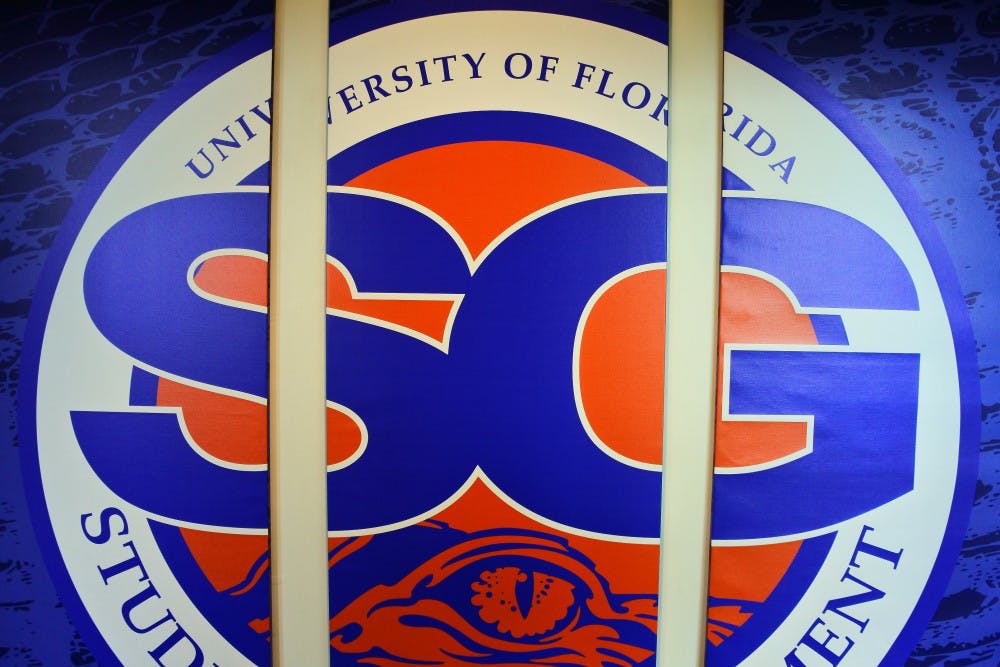Some UF students are reviving an effort to implement online voting in Student Government elections.
Michael Russel, a UF political science master’s student, started a petition to be considered by the UF SG Supreme Court on Wednesday. The petition strives to reverse a 2016 ruling that counted abstentions, a vote neither for or against, in the total vote count of an election, the 23-year-old said.
Because of this ruling, amendments including online voting were unable to meet the three-fifths threshold to pass, he said.
“Every SEC school has remote online voting. Every major university in the state of Florida has it,” Russel said. “In terms of online voting, UF is pretty behind, and it’s mostly because of our constitutional limits on it.”
SG online voting is available at universities such as University of North Florida, Texas A&M University and the University of Georgia.
If the case is taken on by the UF SG Supreme Court, another meeting will be scheduled to formally hear the matter from the writer of the petition and an opposing voice, if there is one, Russel said. The amendments affected by this reversal would then be restored to the Student Body Constitution.
The argument is based on article nine, section four of the Student Body Constitution, which states that Florida laws are superior to SG codes, Russel said. According to Florida election codes, abstentions do not count in the final vote count.
In Spring 2016, online voting received 6,047 “yes” votes and 2,751 “no” votes. It appeared online voting passed with 69 percent of the vote.
However, the Supreme Court ruled on June 25, 2016, that abstentions count in the total vote count. Therefore, the 1,896 people who did not vote either way were counted into the total vote count, and online voting did not pass with a three-fifths majority.
Russel worked in the Access Party administration under Student Body President Joselin Padron-Rasines as the legislative director. He said he was also the chair of the online voting task force.
Russel said he revived Global Vote, a coalition that seeks to partner with students and SG officials to raise awareness about online voting. The Facebook page restarted Wednesday after a two-year hiatus.
Online voting isn’t a partisan issue, but Russel said he has reached out to both Inspire and Impact parties.
Senate Minority Leader Ashley Grabowski said online voting would benefit both parties by increasing voter turnout, particularly for people who may be studying abroad or have physical barriers to voting in-person.
“It’s going to give more people a voice,” Grabowski said.
Members of Impact party could not be reached for immediate comment.






